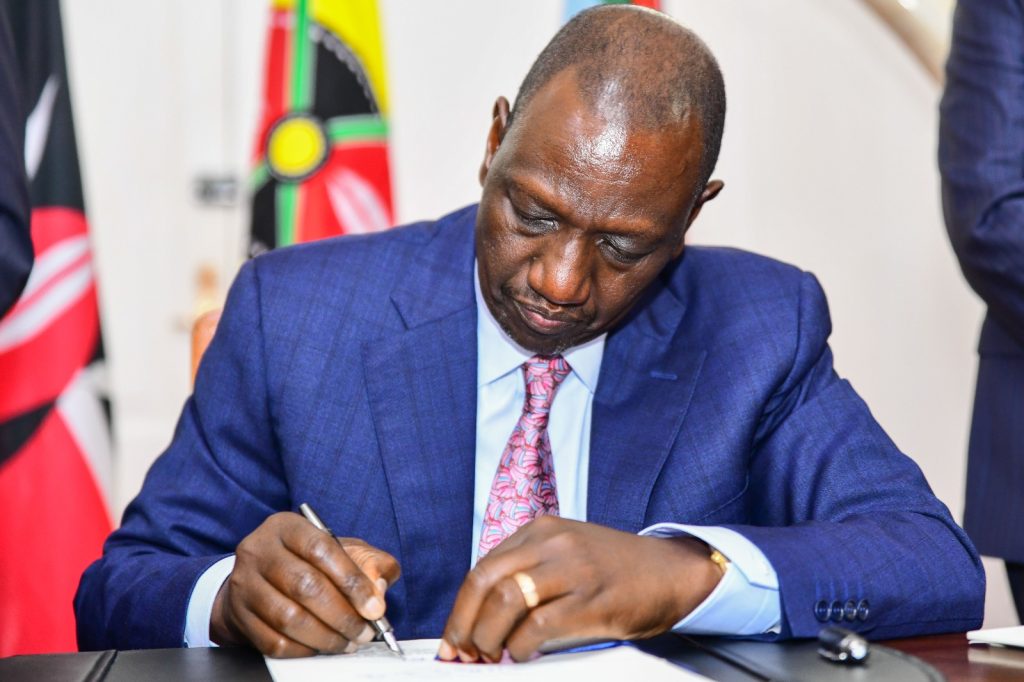
Kenyan President William Ruto announced Sunday the lifting of a near six-year ban on logging, despite the concerns of environmental campaigners.
Ruto said the move was “long overdue” and was aimed at creating jobs and opening up sectors of the economy that rely on forest products.
“We can’t have mature trees rotting in forests while locals suffer due to lack of timber. That’s foolishness,” he said at a church service in Molo, a town about 200 kilometres (120 miles) northwest of the capital Nairobi.
“This is why we have decided to open up the forest and harvest timber so that we can create jobs for our youth and open up business.”
Ruto, who has positioned himself at the forefront of African efforts to combat climate change, said the government would push ahead with plans to plant 15 billion trees over 10 years.
The end of the ban is likely to delight saw millers and timber merchants who protested that it had caused major job losses.
The moratorium was imposed by the previous government in February 2018 in public and community forests with the aim of stamping out rampant illegal logging and increasing the nation’s forest cover to 10 percent.
But Greenpeace Africa has warned that the decision would have “catastrophic environmental consequences”.
“In Kenya, forests are home to rare and endangered species, and millions of local people depend on these forests for their livelihoods, relying on them for food and medicine,” it said last month in a petition against the move.
“Since the Kenyan government imposed the ban on logging six years ago, significant progress has been made in forest protection and with combatting the climate crisis,” it said.
“Lifting the ban will undo all our hard work, as it will open the floodgates to commercial and illegal logging solely driven by profit. Our forests will be at the mercy of sawmillers who have no regard for the consequences.”
Forestry and logging contributed 1.6 percent to Kenya’s economy last year, according to government statistics which also said the total forest cover was 8.8 percent in 2022.
str-txw/gw
© Agence France-Presse






